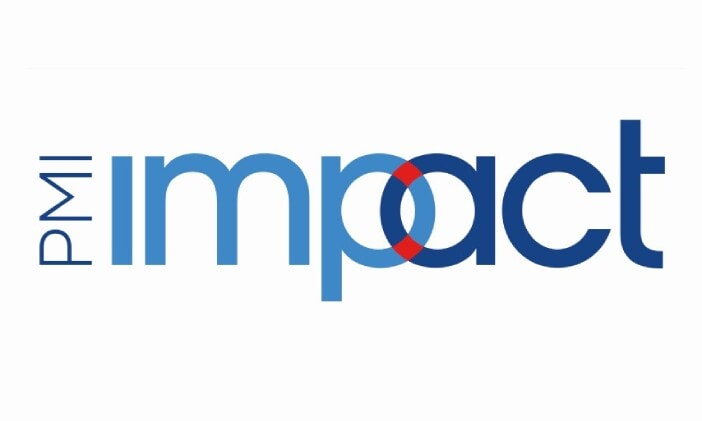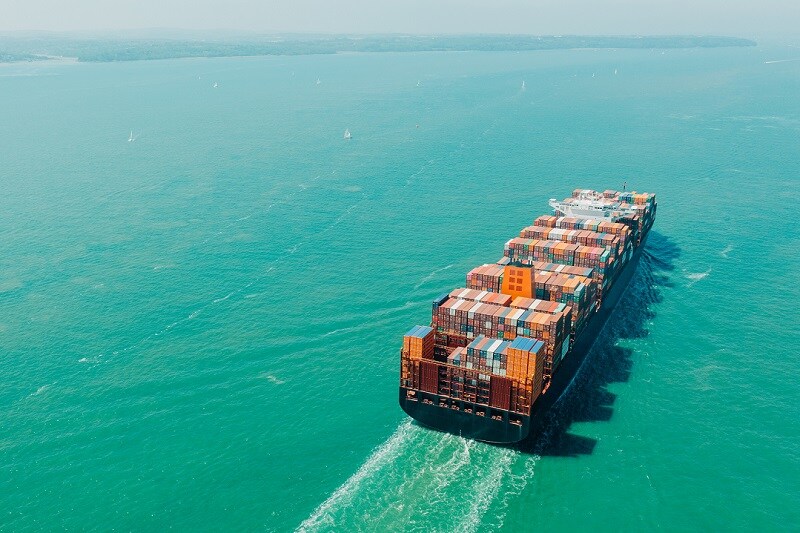PMI IMPACT helps facilitate anti-illicit trade projects all over the world, recognizing that the solution to this problem lies in effective collaboration between the private and public
sectors. Projects submitted for PMI IMPACT funding are closely evaluated by our Expert Council, with those selected awarded grants to carry out their proposals.
Watch the
video below to hear the Expert Council discuss the critical work being undertaken to prevent and eradicate illicit trade. They also touch on the challenges ahead, and how this pervasive problem affects many facets of society.

PMI IMPACT’s third funding round
In June 2021, PMI IMPACT announced the launch of its third funding round. The program, which closed its call for applications on August 15, 2022, received project proposals from public, private, and non-profit organizations, including governmental and international organizations, and academic institutions.
To find out more about the third round of funding, click here.
About PMI IMPACT
PMI IMPACT has put forward USD 100 million to fund and support a broad range of initiatives and projects designed to tackle illegal trade. The initiative enables public-private collaboration and aims to achieve long-term, sustainable results.
Since launching in 2016, PMI IMPACT has selected 67 projects to finance. It has allocated close to USD 50 million across 33 different countries.
In the first and second funding rounds, the initiative supported organizations working in several different areas, such as enhancing knowledge on illegal trade, engaging in awareness and capacity-building initiatives, and developing technological solutions.
We can’t afford to ignore the issue of illicit trade. We all have a responsibility to tackle this global problem head on.
PMI is leading a transformation in the tobacco industry to create a smoke-free future and ultimately replace cigarettes with smoke-free products. Our illicit trade preventions efforts, including collaboration with partners across the world, is a crucial part of this transformation.




